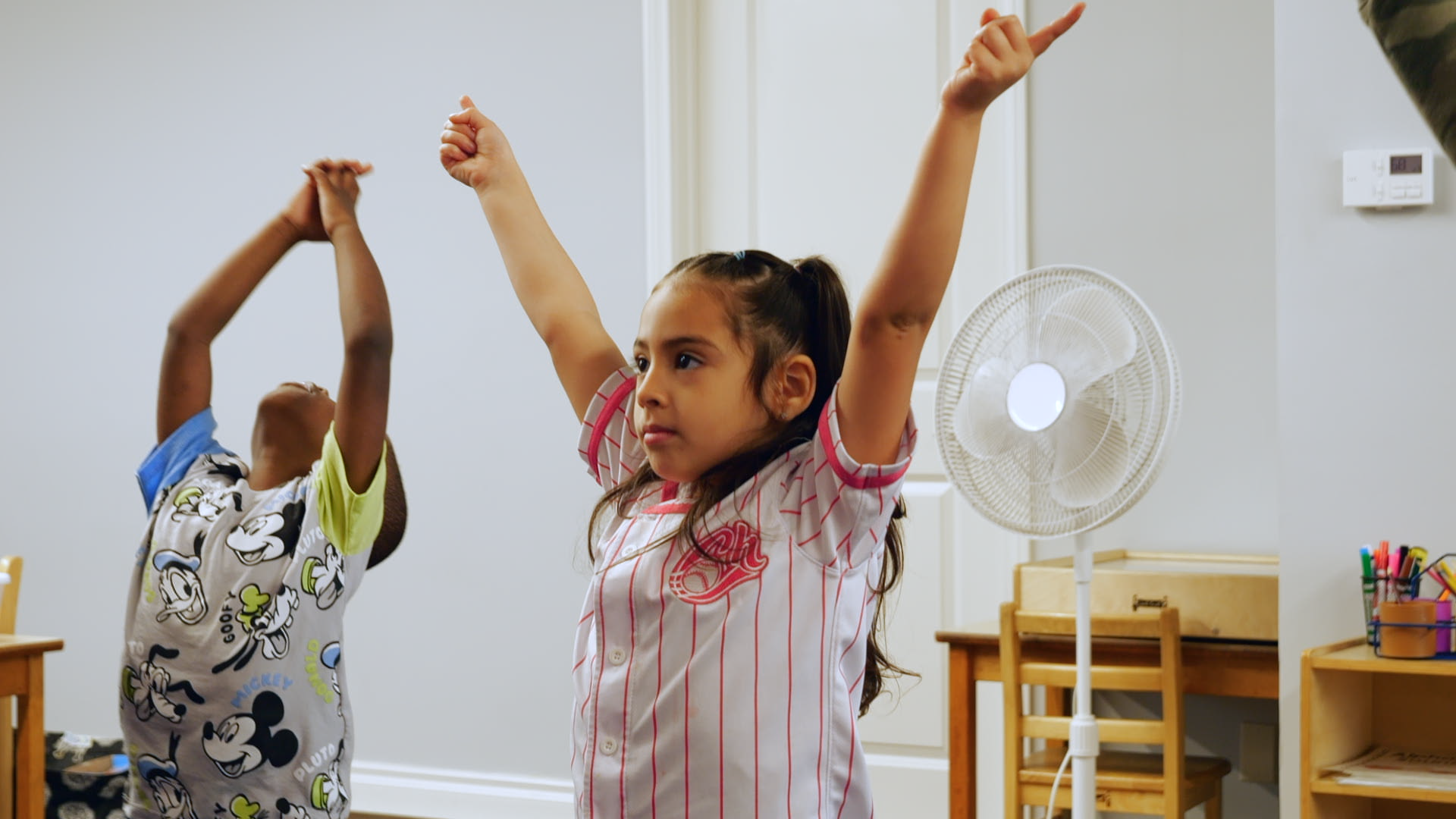How Strong Social Skills Can Boost Your Child’s Confidence and Happiness
Every parent wants their child to grow up feeling confident, happy, and well-prepared for the challenges life throws their way. While academic achievements and extracurricular activities are often prioritized, social skills play a fundamental role in shaping a child’s overall well-being. From making friends to handling conflicts, social skills lay the foundation for meaningful relationships, emotional resilience, and a positive self-image. Let’s delve into how strong social skills can boost your child’s confidence and happiness - and how you can support their journey.
Why Social Skills Matter for Confidence and Happiness
Social skills are much more than just polite manners or knowing how to talk to others. They encompass a range of abilities, including active listening, empathy, conflict resolution, and assertiveness. These skills are essential for building healthy relationships, expressing emotions constructively, and navigating the complexities of social interactions.
When children develop strong social skills, they’re more likely to:
Feel Understood and Valued: Positive interactions with peers and adults reinforce a child’s sense of belonging and self-worth.
Build Resilience: Socially adept children can handle rejection, criticism, and other challenges with greater ease.
Take Initiative: Confident social skills empower children to introduce themselves, join group activities, and seek help when needed.
Foster Happiness: Meaningful connections and a supportive social network are key contributors to overall happiness.
The Science Behind Social Skills and Emotional Well-Being
Research has consistently shown that children with strong social skills experience higher levels of life satisfaction and lower rates of anxiety and depression. A study from the Journal of Child Development found that children with strong peer relationships are more likely to report higher self-esteem and emotional stability (Parker & Asher, 2019). Moreover, the Collaborative for Academic, Social, and Emotional Learning (CASEL) highlights that social-emotional learning fosters long-term mental health benefits and a sense of purpose.
Practical Benefits of Strong Social Skills
Improved Peer Relationships: Children with strong social skills can form and maintain friendships, which serve as a source of joy and support.
Conflict Resolution: Instead of feeling overwhelmed by disagreements, socially skilled children can navigate conflicts with empathy and problem-solving strategies.
Greater Independence: Confidence in social situations reduces reliance on adults to mediate or intervene, allowing children to feel more self-assured.
Better Communication: The ability to express thoughts and feelings clearly leads to deeper connections and fewer misunderstandings.
How Bluebird Social Skills Can Help
Building social skills isn’t always intuitive, and some children benefit from extra guidance. That’s where programs like Bluebird Social Skills come in. Bluebird offers structured, research-backed activities designed to help children develop confidence, empathy, and effective communication skills. By participating in Bluebird programs, children gain:
Real-Life Practice: Group settings provide a safe space to try out new skills, such as introducing themselves or resolving conflicts.
Tailored Lessons: Activities are designed to meet children where they are, ensuring that they build skills step by step.
Positive Reinforcement: Children receive encouragement and constructive feedback, helping them feel motivated and capable.
The result? Kids who are not only socially confident but also equipped to form lasting friendships and embrace new opportunities with enthusiasm.



